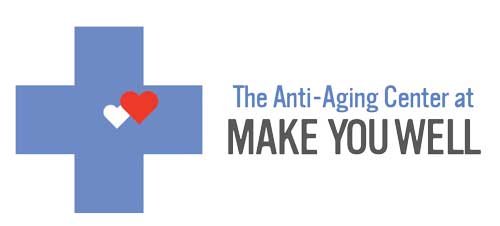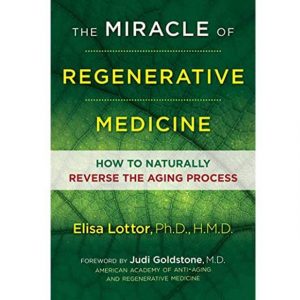Adrenal Fatigue
The adrenal glands are two crescent-shaped glands that sit on top of each kidney. They are responsible for regulating the body’s response to stress by increasing the output of hormones such as adrenaline, cortisol and DHEA. These hormones help the body prepare for “fight or flight” and to cope with stress. The adrenal hormones can instantly cause an increase in heart rate and blood pressure, release energy stores for immediate use, slow digestion and sharpen senses. In today’s modern society people are constantly faced with stress. Instead of occasional acute demands followed by rest, we are too often on the go, foregoing relaxation and sleep.
How does adrenal fatigue affect the body?
Excessive acute or chronic stress can eventually impair the functioning of the adrenal glands, causing a decrease in the output adrenal of hormones, especially cortisol. When this occurs, it leads to adrenal fatigue or adrenal exhaustion. The main symptom is overwhelming fatigue, which is not relieved with rest. An initial sign of adrenal fatigue is high morning cortisol and low afternoon cortisol (causing an afternoon slump) followed by a high level again at night (causing insomnia). Prolonged cortisol elevation keeps blood sugar levels abnormally high. When body glucose stores are finally exhausted, the body starts to tear down proteins (muscles) for sugar. The effects of adrenal dysfunction are multiple and varied as can be seen by the following list.
Common signs and symptoms of adrenal fatigue include:
- Low blood pressure
- Abnormal blood sugar
- Carbohydrate or salt cravings
- Frequent respiratory disorders with symptoms lasting longer than typical
- Immune system suppression
- Weight gain, especially around the waist
- Decreased ability to handle stress
- Reduced sex drive
- Lightheadedness when rising from a horizontal position
- Memory lapses
- Lack of energy in the morning and in the afternoon
- Difficulty waking in the morning
- Suddenly feeling better for a brief period after a meal
- Need coffee or stimulants in the morning
- Hormonal imbalance leading to an increase in symptoms of, perimenopause and menopause
- Pain in upper back or neck
Additional signs and symptoms of adrenal fatigue include:
- Allergies
- Moodiness or depression
- Increased effort to perform daily tasks
- Low body temperature
- Nervousness
- Palpitations
- Hair loss
- Alternating constipation and diarrhea
- Disturbed digestion
Properly functioning adrenal glands are essential for optimal health. Restoring adrenal gland function can be accomplished by proper nutrition, adequate sleep, regular exercise, stress management, supplementation with appropriate neutraceuticals, optimizing and balancing hormones with Bioidentical Hormone Restoration Therapy.
Contact Us Online
Our Office
— Nina Sanchez
Get In Touch With Us


